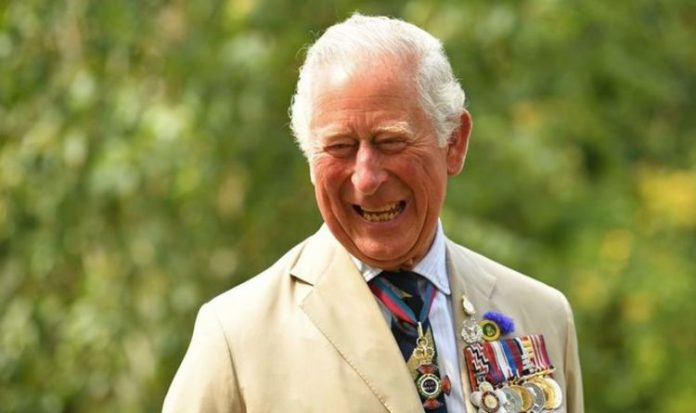The Prince of Wales spoke about creating more sustainable fashion with the editor-in-chief of British Vogue. During the interview, Prince Charles said he likes to discover “brilliant makers” and prefers to repair items of clothing rather than discard them.
Edward Enninful, British Vogue’s Editor, praised the prince on the way he dresses and asked him where he gets his style from.
Prince Charles replied: “I thought I was like a stopped clock – I’m right twice every 24 hours.
“But…I’m very glad you think it has style. I mind about detail and colour combinations.
“I’m lucky because I can find marvellous people who are brilliant makers of the things that I appreciate, and because of that, I try to keep them going for longer.”
The prince also gave some insight into how he looks after his favourite items of clothing.
He said: “I happen to be one of those people who’d get shoes – or any item of clothing – repaired if I can, rather than just throw it away.
“And that’s why I think, from an economic point of view, there are huge opportunities for people to set up small businesses involved with repair, maintenance and reuse.”
The Prince of Wales has been seen wearing the same two overcoats since the 1980s.
READ MORE: Prince Charles and Camilla’s 5 luxury royal residences
He said: “When I was a child, we used to take our shoes down to the cobbler in Scotland and would watch with fascination as he ripped the soles off and then put new soles on.”
The Prince of Wales added that the British fashion textile sector is “of enormous importance”.
He said: “But the trouble is, it requires constant investment in young people and in the development of real skills.”
Prince Charles added: “But it seems to me there are huge opportunities, particularly now, within the whole sustainable fashion sector, to counter this extraordinary trend of throw-away clothing – or throwaway everything, frankly.”
The Prince of Wales has also made it his mission to promote sustainability by changing the standards of companies who are awarded a royal warrant from him.
He said: “Thirty years or so ago, I decided to look at those companies that apply for my warrant, where they put ‘By Appointment To’ up outside their shop with a coat of arms.
“And I said, ‘You’re not going to get my warrant anymore unless you conform to the following – in those days, pretty basic – environmental requirements’.
“And there were howls of protest and anguish and gnashing of teeth and they all said, ‘It’ll ruin our businesses.’
“I said, ‘Sorry, we have to do it.’ So of course, they went away, looked at their supply chains, looked at the way they did things.
“Lo and behold, they came back and said, ‘Well, actually, it’s saved us money to do it in a better way.’”







